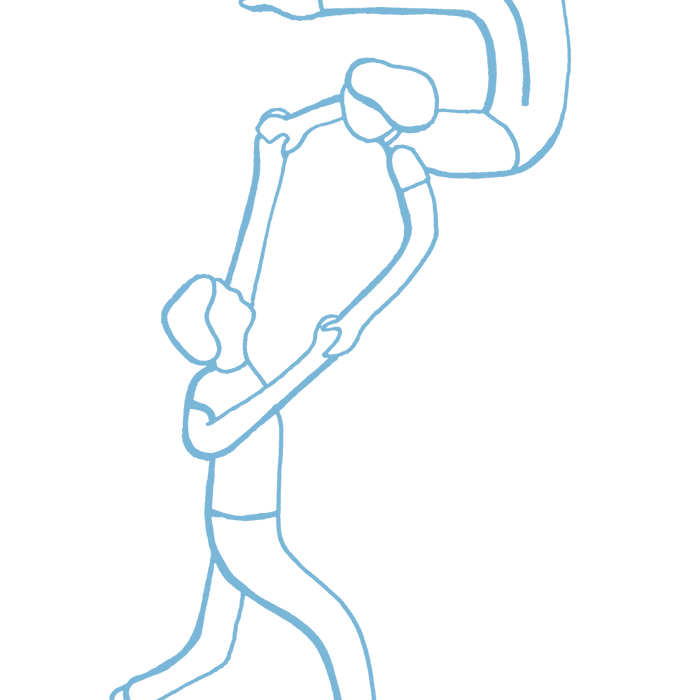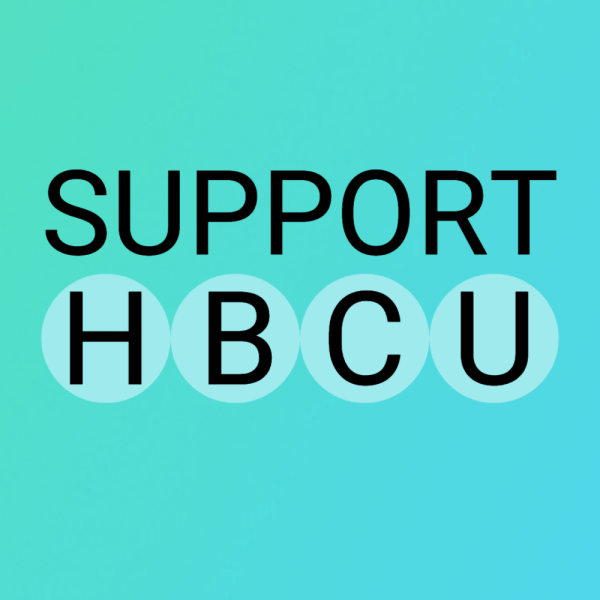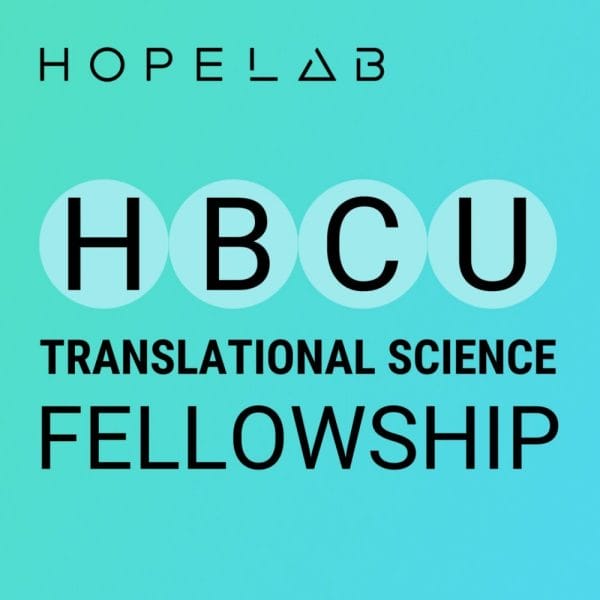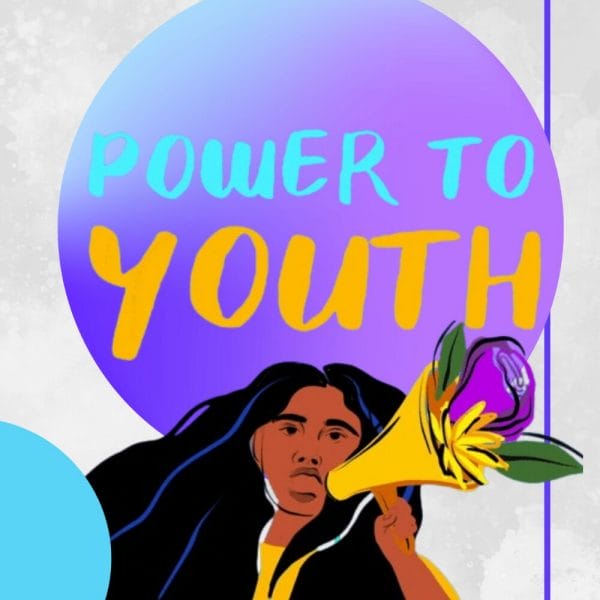Looking around the Hopelab office, I see a lot of moms. In just my short time working here, filled with getting to know you coffee dates and lunches out, I have learned just enough about the hardworking passionate women that I share desk space with; they, like 70% of women that participate in the labor force with children under 18, have a second job – being a mom. Dedication is an understatement when it comes to speaking about these women as employees, let alone as parents. They beam individually when they talk about their children.
As someone who has yet to experience childbirth and parenting at a personal level, I can feel them radiating feelings that come with extended motherhood- happiness, exhaustion, a great purpose, maybe a touch more exhaustion.
Which brings us to last Thursday’s “Lunch and Learn,” a series we have at Hopelab to provide on-going education for staff related to our niche project work, research findings, and general topics within our field over lunch. The team gathered in the cafe, excited not only by the large trays of sushi placed throughout but to hear a presentation created by our one and only Nurse-Family Partnership (NFP) project intern Elizabeth, who is currently pursuing a Masters in Public Health at UC Berkeley, on a concept called Life Course Theory. See more on Elizabeth and our other summer interns here. Life Course Theory (LCT) is a conceptual framework for understanding health trajectories of populations over time. Life Course Theory posits that broad social, economic, and environmental factors not only shape health and contribute to health outcomes but are also the underlying causes of inequities in a wide range of outcomes. This theory also helps explain why women of color, particularly those in lower socioeconomic situations have poorer health and birth outcomes. These women are exposed to more risk factors that affect their health trajectories including but not limited to less access to healthcare, education, and protective services that are more attainable when a mother has higher socioeconomic standing. This theory is complemented by another model explained to us by Elizabeth, the socio-ecological model.
She explained to us that this model suggests that a person’s health is impacted by factors at all of these levels- individual, interpersonal, organizational, community and societal levels not just their individual behavior. By acknowledging the broader factors and systems that can promote or hinder certain behaviors on the individual level, we can better understand how to solve the problem in a more dynamic and effective way. Kind of like systems thinking.
The model below illustrates how the elements of an individual’s environment that directly relate to their health. In no means is this a comprehensive list, but rather outlines the number of factors beyond the individual that have an affect on that individual’s capacity to be healthy.
Elizabeth’s excellently explained presentation, the omega 3s gained by the many salmon rolls I ate, and the questions we discussed in small groups sent me back to my desk thinking. All of this information totally added up. The maternal health crisis for low-income mothers, the high rate of infant mortality in the United States, combined with the concept that health is measured on a continuum and is cumulatively impacted over time.
The beauty of these models lies in the ability to use these frameworks to improve interventions that can reduce health inequities. While there may be structural roadblocks to achieving health equity such as institutional racism in healthcare, policies, and institutions, we can be proactive through early care and education for both at-risk mothers and their children. When we look at all of the factors surrounding a person’s health, we can create more impactful solutions surrounding their health needs.
All this information directly translates into the work and research we have done with NFP so far. Support, technology, and communication will not only increase the conversation surrounding pre- and postnatal and maternal health overall but elevate the need for more resources.
The other day, working on NFP marketing material, I was tapped on the shoulder by a small little finger. Cynthia our ILN events and operations manager had brought her son in, Maceo; no camp during the holiday week, and with a packed schedule for Cynthia, he came in to act as her “intern” for the morning. It brought me back to this whole consideration of mothers that don’t have the option of camp or other safe environments for their children when they have to go to work- some jobs less accommodating than Hopelab. His task for the day? To draw a picture for everyone in the office. For me? He drew a rainbow that now lives in a small white space where I can look its magical colors everyday. Being a mother is no doubt extremely difficult in its own right, but imagine having none of the resources needed to succeed in the first place. By resources, I mean access to food, shelter, and safety. There is more than one reason to count why we need to scale NFP and the services they provide for families everywhere.





